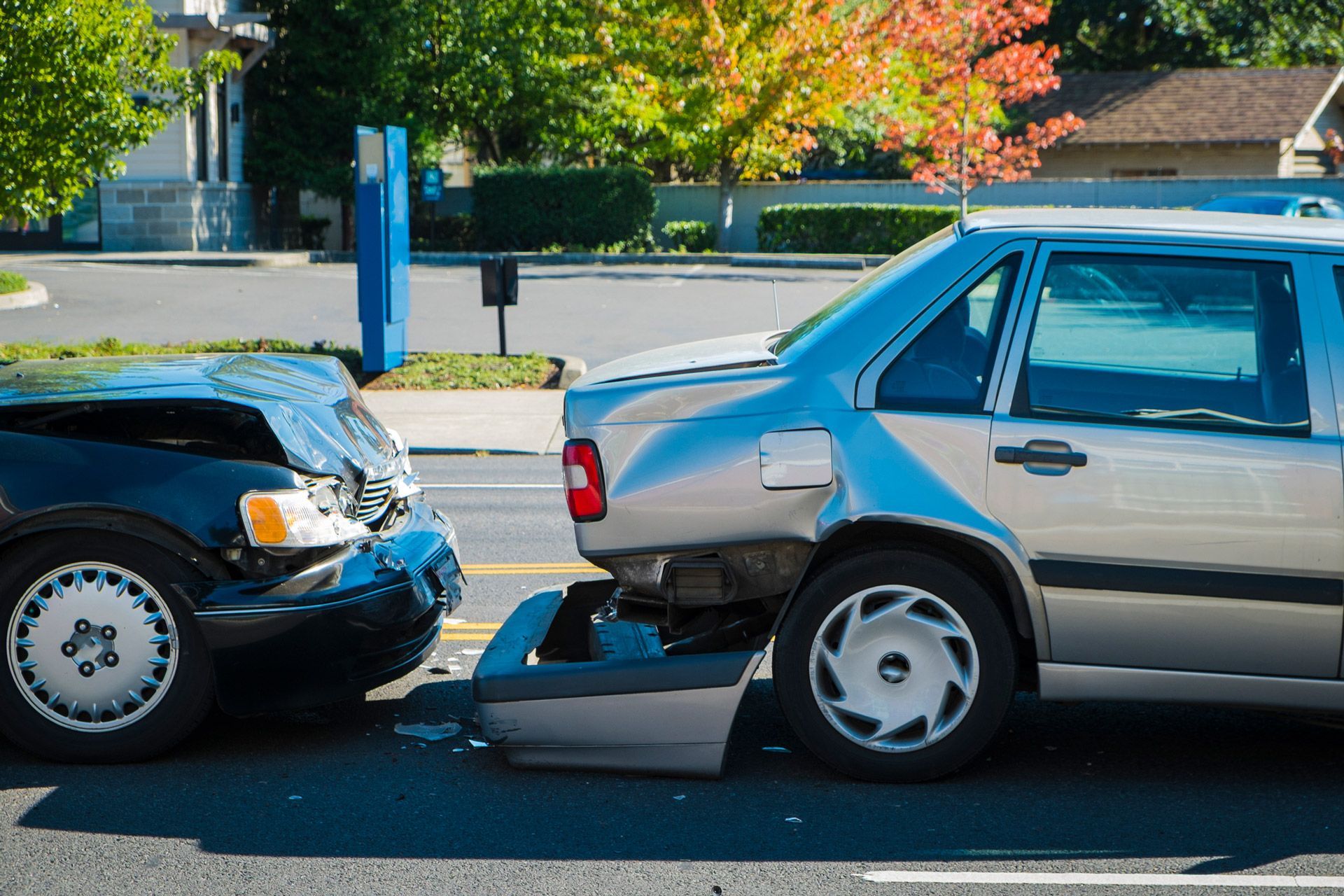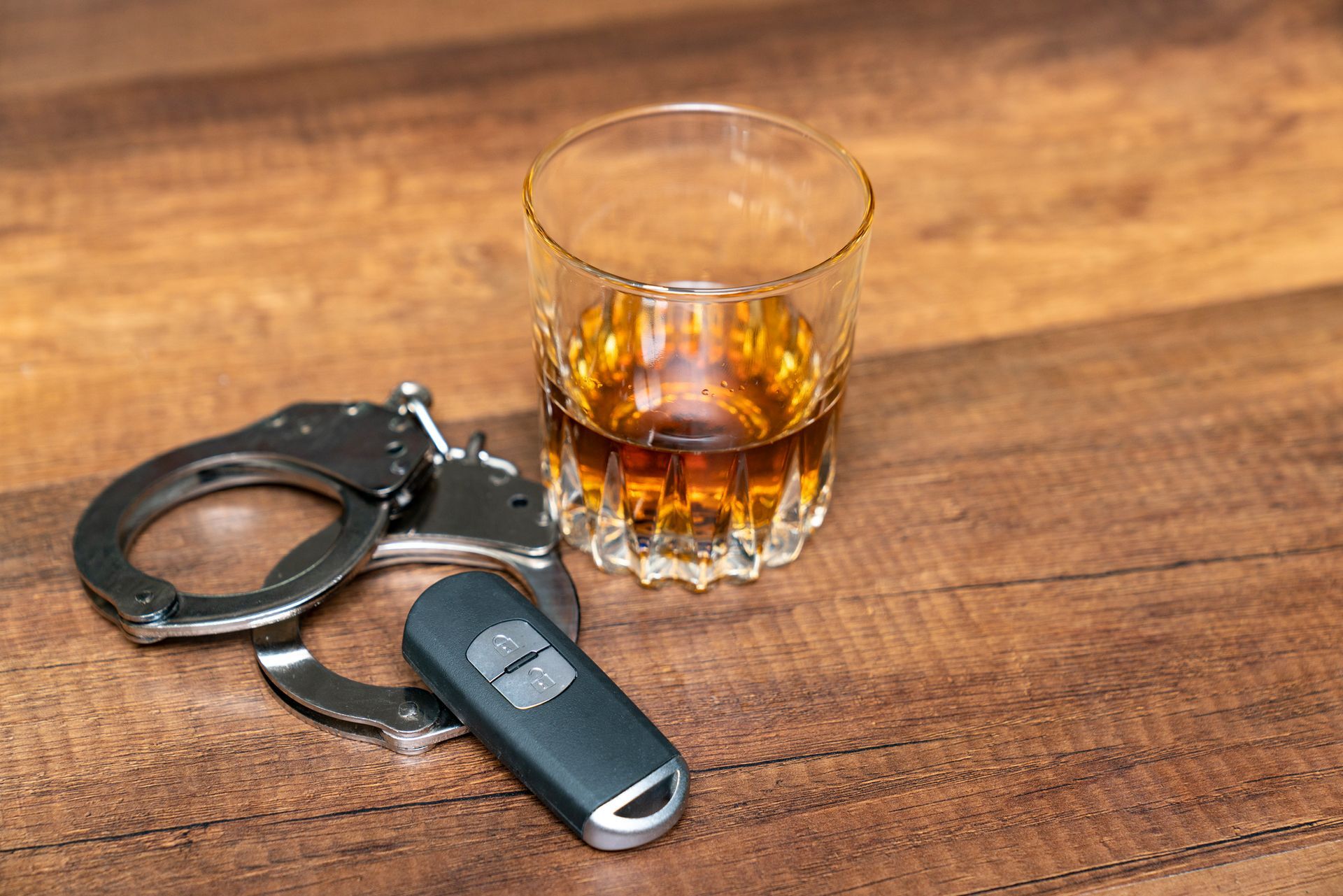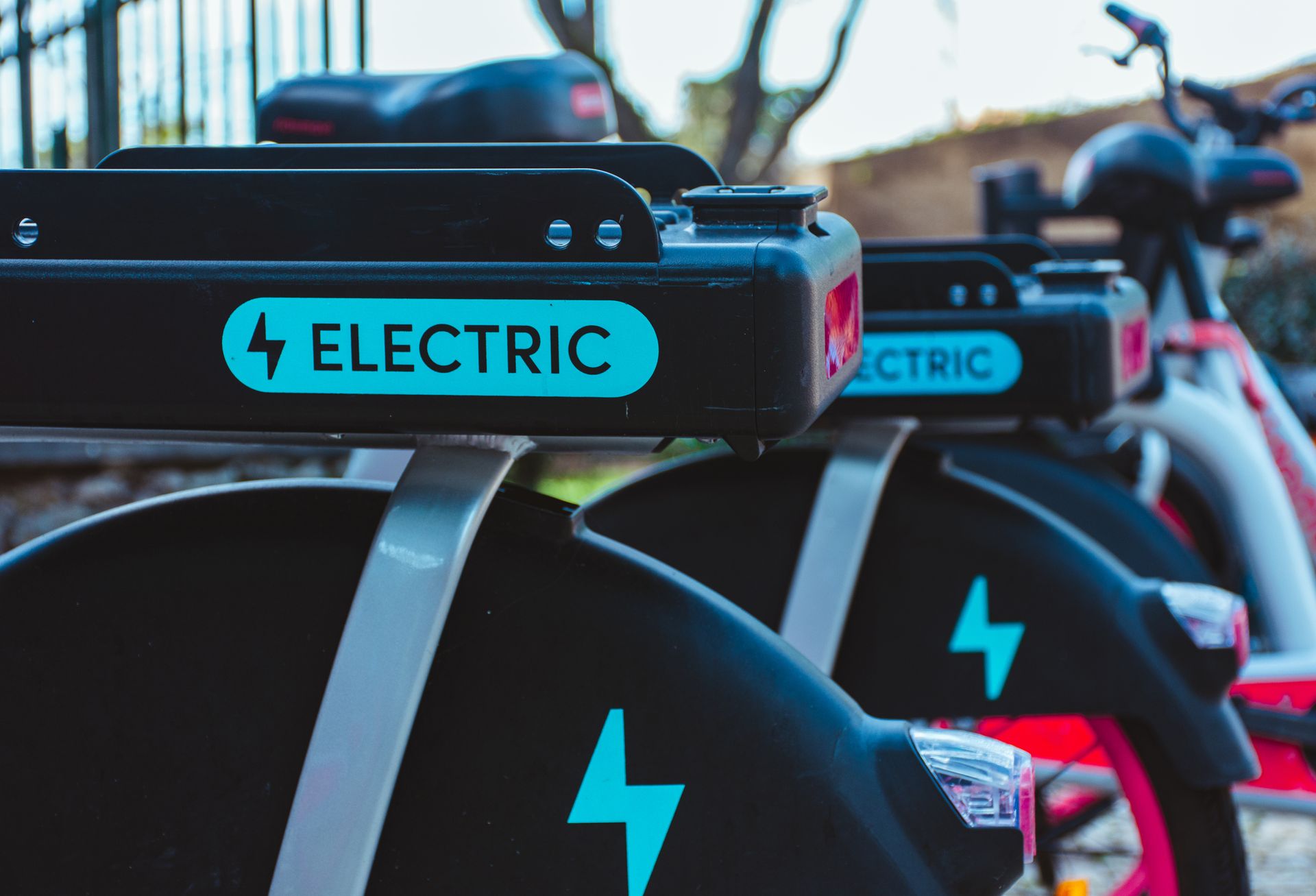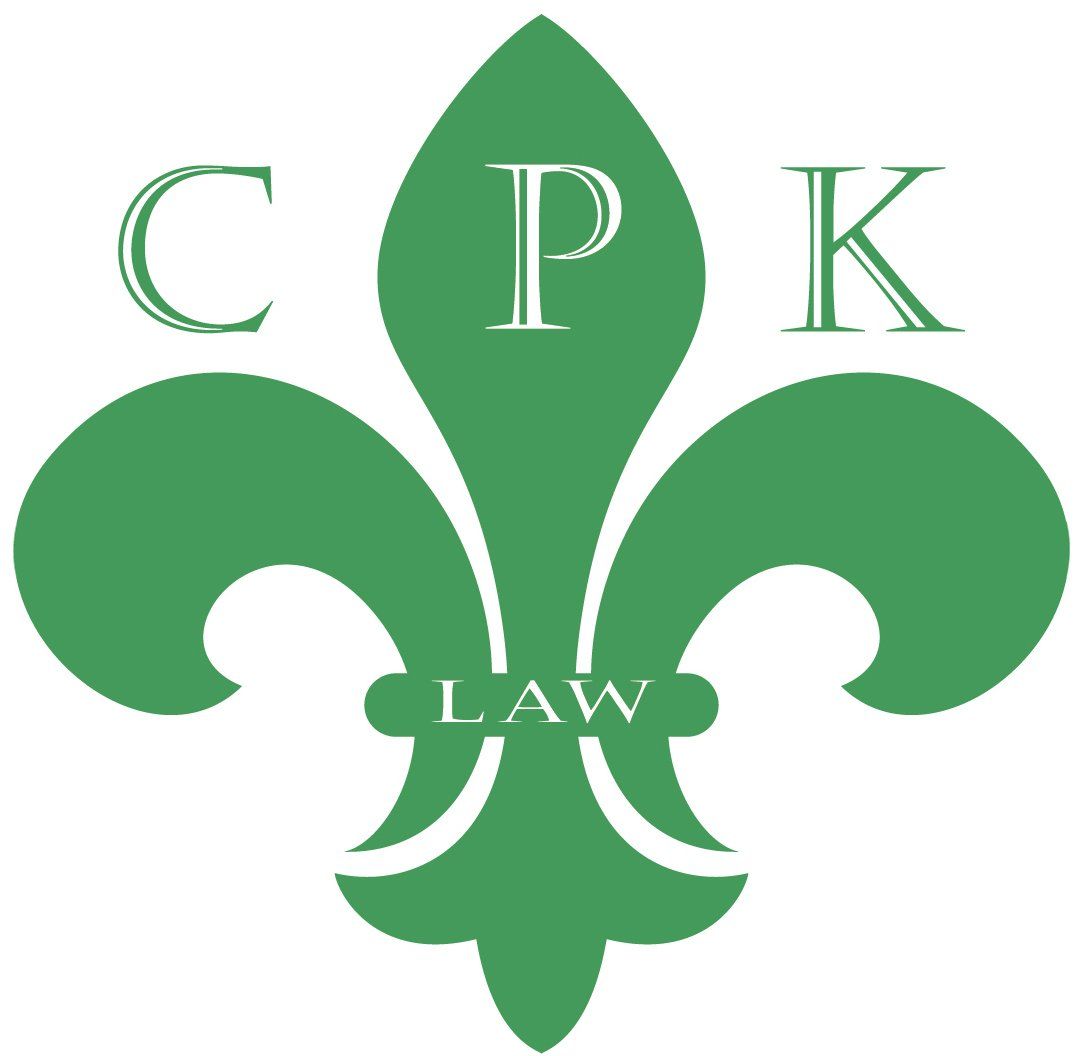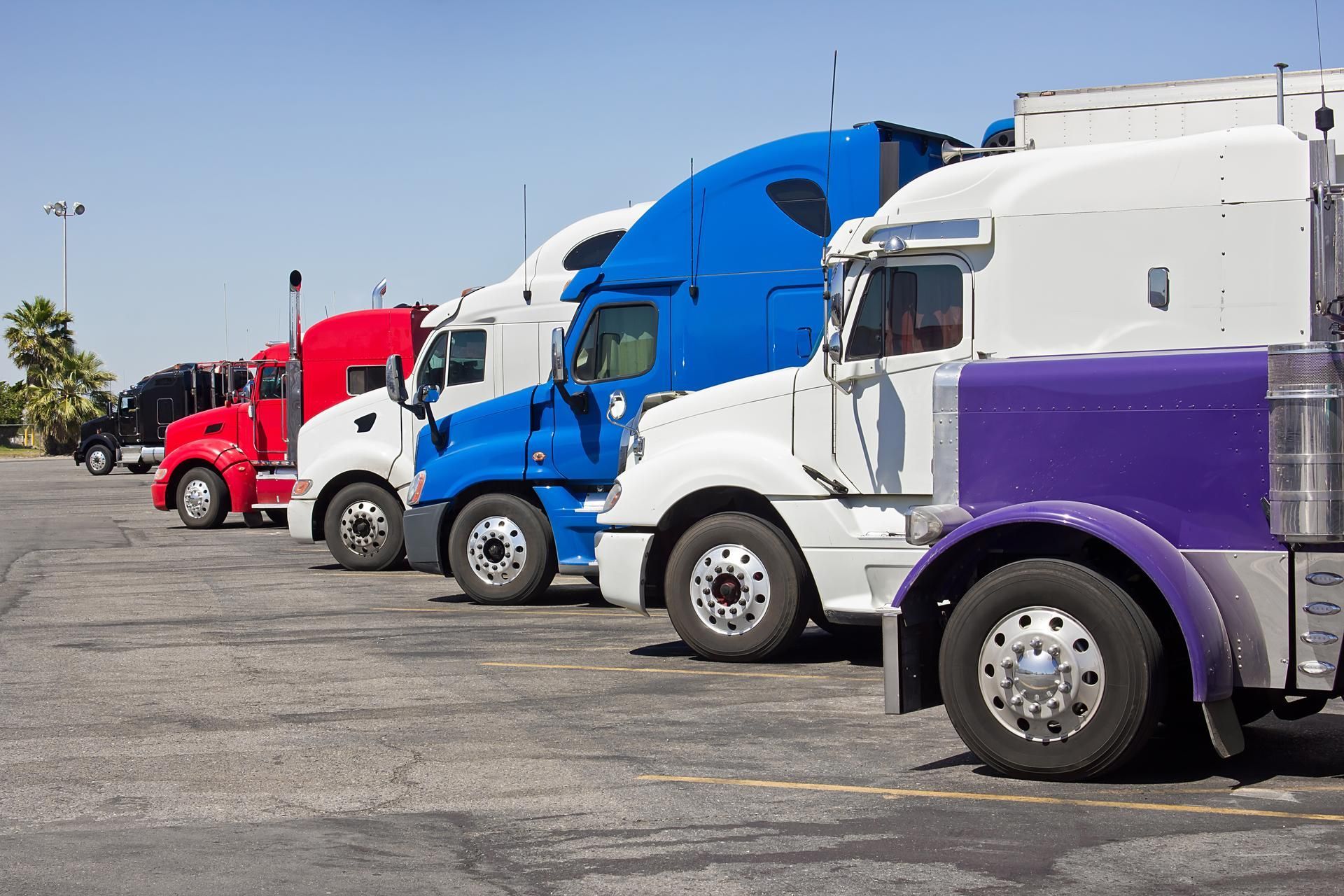Injured In An Uber or Lyft? Rideshare Injury Claims Explained
Ride-sharing services such as Uber and Lyft have become a part of every-day life for many people in Clark County, whether people are working as drivers or using the services as passengers. These services have benefitted both drivers and passengers, which explains their ever-increasing popularity. Even with ride-sharing services though, accidents do happen. With such accidents, there could be involvement of a number of different insurance policies for both drivers and passengers. As shown below, there are pros and cons in terms of insurance coverages when an accident involves a ride-sharing vehicle.
PASSENGERS
If you are a passenger in a ride-share vehicle and your driver is at fault for causing an accident wherein you sustain an injury, there is a One Million Dollar liability policy with the ride-share company. While One Million Dollars should cover a great majority of any injury claims for passengers, this policy is much less than the typical insurance coverages for a taxi. Most taxi companies have several million dollars in insurance coverage for accidents where their drivers are at fault. The disparity in insurance coverage between a ride-sharing company and a taxi company would come into play if there was a fatality, a very serious injury, or multiple serious injuries which would all be making claims against the same policy.
However, ride-sharing companies do carry a very important insurance coverage that is not carried by any taxi company, which is underinsured/uninsured motorist coverage (“UIM/UM”). Taxis do not carry any UIM/UM coverage. So if you are a passenger in a taxi that is involved in an accident caused by an underinsured or uninsured driver, there is no coverage at all with the taxi available for your injuries and medical expenses. However, if the ride-sharing vehicle you are a passenger in is hit by a driver who is underinsured or has no insurance, there is One Million Dollars in coverage available for your medical expenses and injuries. Given this UIM/UM coverage, passengers are much better protected in terms of insurance coverage by using a ride-sharing service than a taxi.
DRIVERS
If you are a driver for a ride-sharing service, there is liability, collision, and UIM/UM coverage available for you and your vehicle while en route to pick up passengers or while carrying passengers. The liability coverage, if you are at fault for an accident, is $1 million dollars. If someone else is at fault for an accident and you are injured, there is One Million Dollars in UIM/UM coverage available for your medical bills and injuries.
If your vehicle is damaged in an accident, there is collision coverage available for your vehicle. However, there is a large deductible with this collision coverage, either $1,000 or $2,500 depending on the company. Also, the ride-sharing policies do not cover any rental expenses while your vehicle is being repaired. Further, many companies will not allow drivers to use a rental vehicle to transport passengers while your car is being repaired. Given the high deductible and lack of rental coverage, repairing your vehicle through the ride-sharing service could be very expensive for drivers.
Now comes the complicated part for drivers: how driving for a ride-sharing service interacts with your personal auto insurance. The ride-sharing services require that drivers have their own personal liability insurance. The problem for drivers though is on the other side, dealing with their own insurance company now that they are using their cars for ridesharing purposes. Unfortunately, technology and innovation have moved faster than the laws and insurance contracts. So now there is a large gray area that presents numerous pitfalls for drivers with their personal auto insurance.
When you purchase insurance whether online or from an agent, there are a number of questions that are asked regarding your use of the vehicle for any work; who else has access to the vehicle; and miles driven daily. All of these questions are geared towards assessing risk for an accident and such risk is how premiums are calculated. Most people who are now driving for ride-sharing services had personal auto insurance before they started ride-share driving. As such, when they answered those initial questions for their auto insurer, they did so based on normal usage of the car, not usage of their car for transporting other people for a fare. In terms of now modifying those answers with their personal auto carriers, most people are not going to do this out of concern that their premiums will go up or they will be dropped by their insurance company.
While there is no insurance policy that is going to start arresting people for not updating their personal insurance profile now that they are using the car for ride-sharing, there are contractual consequences if an accident occurs and your personal auto insurance becomes involved in any capacity. Whether you are at fault or not for an accident, if your insurance company finds out that you have been using your vehicle for ride sharing and you never told them, the company can increase your premiums or drop you based on what is called a “material misrepresentation” of the insurance contract. In short, your company will claim you did not tell them of the change in circumstances of usage of the car, which affects risk, and based on this failure to disclose important information, your insurance company is now going to drop you.
Even if your insurance company wants to now increase coverage or drop you, legally when an accident occurs, whatever insurance you have purchased on the vehicle and for yourself is set in stone. The problem a driver would face though is trying to use certain coverages (collision, UIM/UM, med pay) because of exclusions in the policy. Almost every insurance policy has an exclusion if a person is using the vehicle to transport people for a fare. The reason behind this exclusion is that insurance companies did not want insureds using their personal vehicles as a taxi which would increase the risk of accidents and paying out under the policy. This exclusion normally prohibits an insured from using collision coverage for the vehicle; for using any UIM/UM coverage either at all or such coverage is limited to the state minimal insurance, and med pay coverage might also be affected. All of these important coverages which an insured has been paying premiums for may not be available because of this policy exclusion.
Given all of these factors, it is obvious that there are serious coverage issues for insureds with their personal auto policy due to ride-sharing. In light of these issues, some states are looking to change their personal car insurance laws to take into consideration ride-sharing. Here in Nevada, insurance law has not caught up to a changing world where ride-sharing is prevalent. Until the law changes, drivers for ride-sharing companies will be walking a fine line as to their own insurance companies if an accident occurs. It is hoped that the law changes soon, as drivers in an accident should be allowed to use their paid for coverages without fear of any repercussions with their own insurance companies.
If you or a loved one have been injured in an accident, please contact our experienced Las Vegas Car Accident Attorney for a free consultation as soon as possible to receive maximum compensation for your injuries!
The post Injured In An Uber or Lyft? Rideshare Injury Claims Explained appeared first on Craig P. Kenny & Associates.
